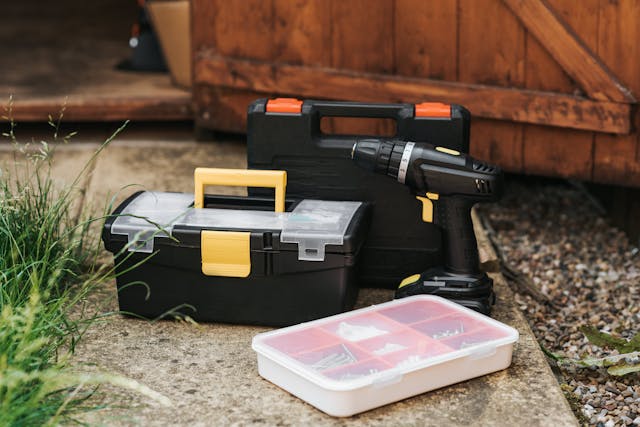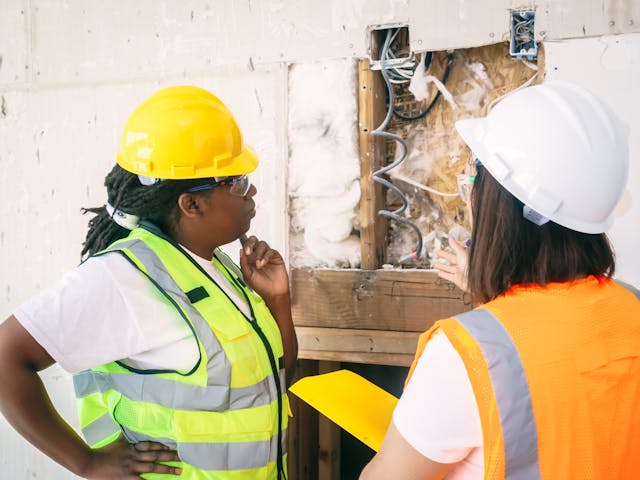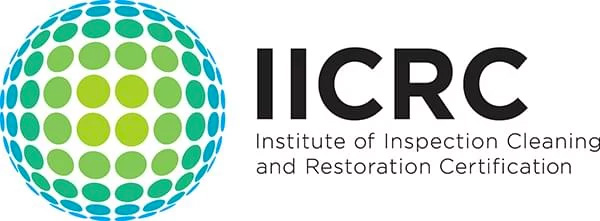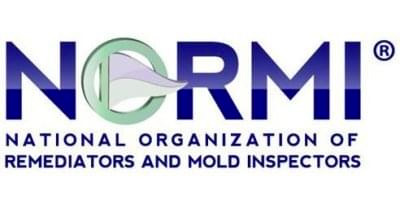Importance Of Home Inspection Contingency
Buying a home is expensive enough as it is! Why would you choose to spend more money if it is not necessary? In this article, we'll delve into what a home inspection can reveal and whether it is worth the investment.
Key Takeaways
- Home inspections can uncover potentially life-threatening problems like mold or faulty wiring that could cause a significant fire
- A home inspection contingency allows buyers to learn about major and minor issues with a home before purchasing it
- Many lenders won't offer financing on a home without an inspection
- Most potential buyers have a 3 - 7 day window after a home inspection to walk away from the purchase
- A thorough inspection is a critical step in purchasing a home
- Home inspectors look at the exterior and interior parts of the home, including but not limited to electrical, plumbing, roofing, HVAC, and foundations
The Home Inspection Contingency
Home inspections provide an opportunity for a buyer to identify any crucial issues with a home before closing. Your first clue that a home inspection is important is that it can serve as a contingency in your contract with the seller. This contingency provides that if a home inspection reveals significant defects, you can back out of your purchase offer, free of penalty, within a specific timeframe.
.jpg)
In some situations, realtors include home inspection clauses in contracts, such as those for a newly built residence. In new home construction, inspections generally cover:
a) Foundations
b) Pre-drywall
c) Full inspection
What Does Home Inspection Cover?
Inspectors vary in experience, ability, and thoroughness, but a good inspector should examine specific home components and then produce a report covering their findings. The typical inspection lasts two to three hours. After that, the inspector sends you a summary with all the discoveries, pictures, and videos.
The inspector should note:
- Whether each problem is a safety issue, major defect, or minor defect
- Which items need replacement, and which should be repaired or serviced
- Items that are suitable for now but require close monitoring
An excellent inspector will even tell you about routine maintenance that the house requires, which can be a great help if you are a first-time homebuyer.
While it is impossible to list everything an inspector could check for, the following home inspection checklist for buyers should give you a general idea of what to expect:
Exterior Inspection
The inspector will complete a full inspection of the outside of the structure. That will include climbing into any crawlspaces under the home and using a ladder to reach and inspect the roof and other items.

Here, the inspector checks exterior walls, foundation, grading, garage/carport, and roof. Although home inspectors do not specifically check for termite damage, mold, asbestos, or water contamination, you or your realtor can always go for a heads up if they suspect any of these problems.
Interior Inspection
The inspector will also conduct a thorough inspection of the home's interior by assessing everything from the ceiling to the cabinets under the sink. Interior inspection covers plumbing, electrical, heating/ventilation, air conditioning, water heater, kitchen appliances, laundry room, fire safety, and bathrooms.
Things That Are Not Covered In A Home Inspection
A home inspection can't identify everything that is wrong with the property. It only checks for visual cues to problems. For example, if the home's doors do not close as they should, or the floors are slanted, the foundation might be faulty. But if the cracks are not visible without pulling up all the flooring in the house, a home inspector can't tell you for sure if it's there.
Below are examples of some areas inspectors won't look at include:
- Inside walls (won't cut open drywall or insulation)
- Inside pipes or sewer lines
- Inside chimneys
- Behind electrical panels
- Termite damage
- Mold
- Asbestos
Site Contamination
If they have reason to suspect, though, they'll likely give you a heads up. However, problems without visual cues - pests, radon, lead - may crop up after the inspection.
After Inspection Period
Once you have the results of your home inspection, you have several options:
- If the problems are too significant or too expensive to fix, you can choose to walk away from the purchase as long as the purchase contract has an inspection contingency
- For problems large or small, you can ask the seller to fix them, reduce the purchase price, or give you a cash credit at closing to repair the issues. That is where a home inspection can pay for itself several times over

If these options aren't viable in your situation (for example, if the property is bank-owned or being sold as-is), you can get estimates to fix the problems yourself and develop a plan for repairs in order of their importance and affordability once you own the property.
Is Inspection Worth the Investment?
The cost to hire a home inspector varies vastly, depending on the size of the home and the region; the range is roughly $300-500. It's important to put things in perspective. Remember that an inspection is:
- Not the sole determinant for buying a house. Maybe you're willing to make some renovations to the house with these problems. The inspection will help you determine exactly how many you'll need to do.
- Never free and clear of problems. An inspection will always find a problem with a home. Even new home constructions will have minor issues that need repairs.
- Not about getting all the fixes done. No seller is going to fix everything for you. They may negotiate on some of them but expecting a resolution of all issues is unreasonable.
Takeaway
A home inspection will cost you a little bit of time and money, but in the long run, you'll be glad you did it. The assessment can reveal problems that you may be able to get the current owners to fix before moving in—or else prevent you from inadvertently buying a money pit. For new home construction, it's a crucial part of the home buying process.
If you are a first-time homebuyer, an inspection can give you a crash course in home maintenance and a checklist of items that need attention to make your home as safe and sound as possible. Whatever the situation, addressing issues early through a home inspection can save you tens of thousands of dollars down the road.
Not All Inspection Companies Are Created Equally
We recommend that you consult your real estate agent before scheduling an inspection, as they know how most inspection companies work. Also, they can refer you to at least two reliable inspectors who will perform and deliver in your best interest.
Sources:
Consumer Financial Protection Bureau - https://www.consumerfinance.gov/owning-a-home/process/close/schedule-home-inspection/
U.S. Department of Housing – https://www.hud.gov/program_offices/housing/sfh/insp/inspfaq
What to Expect During Home Inspection – What to expect when you are inspecting? | Tarlan Mamedov | Dalton Wade Real Estate Group (tarlansellsre.com)
Homelight - https://www.homelight.com/blog/what-fixes-are-mandatory-after-a-home-inspection/
Moving.com - https://www.moving.com/tips/how-to-prepare-for-a-home-inspection/
Markham Mold Inspection Services - https://cfmoldinspect.com/


